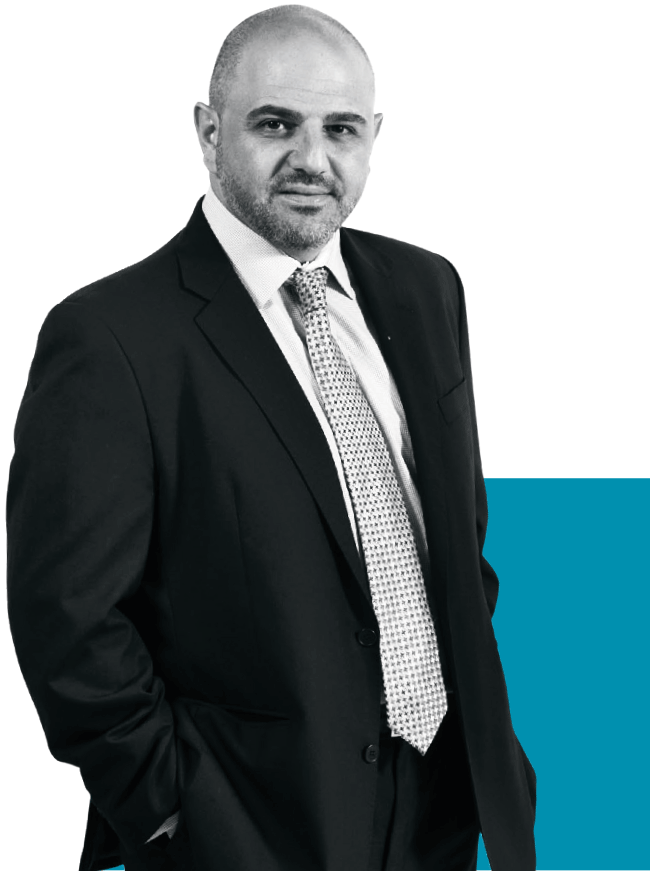The latest annual report from integrated platinum group metals (PGMs) and chrome resource group Tharisa almost belies current volatile commodity market conditions, especially because the company is strategically driven to produce these commodities at a significantly reduced cost.
The report highlights a revenue increase of 16.3% to $406.3 million; net cash generation from operations up by 18.7% to $89.9 million; record PGM production, up 6% from 143.6 koz in 2017 to 152.2 koz in 2018; and chrome concentrate production up 8.8% to a record 1.4 Mt. The latter two indicate that Tharisa is on track to meet a production target of 200 kozpa of PGMs and 2.0 Mtpa of chrome concentrate by 2020.
Phoevos Pouroulis, Tharisa CEO, who is also president of the Council of the International Chromium Development Association, remarks that having a low-cost and diversified PGM and chrome co-production stream results in profitability throughout the cycle, which makes Tharisa unique in the industry. ‘Even at weak commodity prices, our margins remain healthy because we have positioned the business in the lowest cost quartile of the PGM and chrome concentrate cost curves.’
This is underpinned by Tharisa’s adoption of low-risk mining and beneficiation processes, and an emphasis on embracing the entire value chain of chrome production, from processing and logistics to research and development. It includes the production of speciality and foundry-grade chrome products that attract a significant premium to the benchmark metallurgical grade product.
The Tharisa mine is also a relatively young, modern one with roots dating to the late 2000s. ‘We therefore do not experience many of the operational, cost and social issues that legacy deep-level operations in South Africa have to deal with,’ says Pouroulis. A key mitigating factor is that Tharisa has mechanised operations at its shallow and large-scale open-pit PGM and chrome mine sited 95 km north-west of Johannesburg. One of the largest single chrome resources in the world, with 860.7 Mt in resources and 92.9 Mt in reserves, of which 74.2 Mt is in the open pit, Tharisa mine has an open-pit life of some 15 years with an estimated further 40 years of underground production.
Mechanised mining is managed by a small yet skilled labour force, backed by an industry and management team that has a successful track record in identifying, developing and operating open-pit and underground mines.
The strong base for growth Tharisa has built in SA has led to two recent acquisitions in Zimbabwe. ‘Last June we acquired a 26.8% shareholding in Karo Mining Holdings for $4.5 million. Karo was awarded a special grant over 23 903 ha on the Great Dyke of Zimbabwe and, in terms of the investment project framework agreement with the government of Zimbabwe, the plan is to establish a vertically integrated PGM mining complex,’ says Pouroulis. ‘We’ve also been granted a call option to acquire a 90% shareholding in Salene Chrome Zimbabwe, exercisable on completion of the exploration programme.’ Salene, which also presents illuvial chrome, was awarded three special grants covering some 9 500 ha on the eastern side of the Great Dyke.
The chrome Tharisa produces is delivered predominantly to China and, more recently, Indonesia, which is producing ferrochrome for stainless steel production. ‘We do not simply supply one type of product. Our speciality chrome division, for example, has proven that we can deliver premium specialised material to clients, and this has enabled us to grow our global client base to the current 50-odd.’
Tharisa management is seeking to further improve the group’s margins and client base with new downstream developments. ‘Smelting technology will ensure that we are even more fully integrated as a producer of chrome and PGMs,’ says Pouroulis, who also mentions significant organic projects that are under development.
‘We believe these will be greatly value-enhancing, which, of course, translates into further appreciating shareholder value. Our mission is always to maximise shareholder returns through innovative exploitation of mineral resources but in a responsible manner,’ he says. ‘Our corporate sustainability agenda upholds responsibilities to planet and people, and is based on a principled approach to doing business.’
Guided by the need to uplift local communities and protect the environment, human rights and stakeholders affected by the group’s business, Tharisa’s operations also adhere rigorously to environmental standards on the management of air quality, water and rehabilitation, and uphold the highest standards with regard to the safety and health of its employees.
The transparent and open approach to business, combined with uncompromising honesty and integrity, has created a strong team culture, which Pouroulis notes is a key aspect of his role as CEO.
‘I encourage our people to deliver to the highest standards,’ he says. ‘Over our 10-year history we have shown a strong ability to originate new opportunities. We will continue to challenge convention through innovation.’









